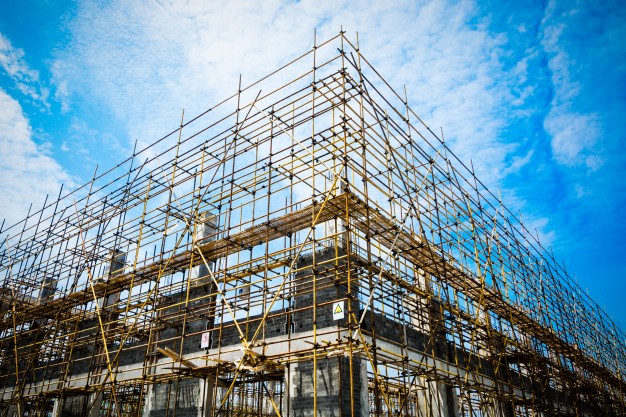Finding the lowest priced home in the best location possible, while ideal, is like finding a diamond in the rough. Home buyers will search high and low, near and far to find the perfect new living space. This presents a terrific opportunity for you as a potential home seller to make the look of your home your selling point. Home Renovation projects can make things more effective for you. It can help your home to look more beautiful and organized than before.
Different Ways Home Renovation Projects Can Help You In Future
There are multiple ways home renovation projects can help you in future. In this article, you will get the complete details of it from your end. If you are serious about this flipping, and renovation of real estate, you can take help from the experts at A&A in Singapore.
1. Home Improvements Will Help You Sell:
Upgrading the look of your home — both the outside curb appeal and the indoor aesthetics will help make a solid first impression.
It’s likely you’ll find that people are willing to go the extra mile — and spend the extra dollar — in exchange for a certain standard of living. It’s human nature to want to make the most of your nest.
Unless you’re selling to an investor in the business of flipping houses, you’d be hard-pressed to find a buyer that will overlook issues with design and layout – and if you do, they’re going to expect a lower price tag to account for the money they’ll have to put into renovating themselves.
That also means, more often than not, they’re willing to a spend a little extra for the extras: the bay windows, the awnings, the solarium, the heated floors — you get the idea.
A good first step in deciding what features you’d like to invest in is to create an inspiration board and establish some creative direction. That way, you have some idea of where you want to go with woods, moldings, and carpeting. It’s a good exercise in design to reconcile different design picks to complement what you already have.
2. Budgeting is Key:
Just like your mother always told you, budget, pre-budget, and then budget again. It’s best practice to inflate your numbers so that you’re accounting for any unexpected expenses that may arise.
During the hustle and bustle of prepping your home for sale, costs can inflate, and so you’re going to want to anticipate any potential problems. If you’re making any window or door replacements, make sure you find a reputable installation company that you can trust with making the most of your home improvement budget. The right company that brings transparency and customer service to the fore can help you say goodbye to ugly old doors and windows without going over your budget.
3. A Reputable Installation Company Should Be a Top Concern:
Doing your homework before making your choice is key, and you would do well to find a company that is known for the quality of its product, the integrity of its service, and the innovation of its design.
Find a company that offers end-to-end solutions for replacement windows and doors, one that sells, manufactures, installs, and services a line of award-winning and energy-efficient windows and doors.
The best company will offer in-home consultations to make certain they are in tune with your creative vision. The right company will also pride themselves on their commitment to accountability and transparency.
Not only can finding the right installer help to set your home apart from a cosmetic standpoint, but it also promises to make your home energy efficient. That way, you can add low energy consumption to your list of perks.
Follow these tips, and you’ll be well on your way to the perfect home sale.
Read Also:






















